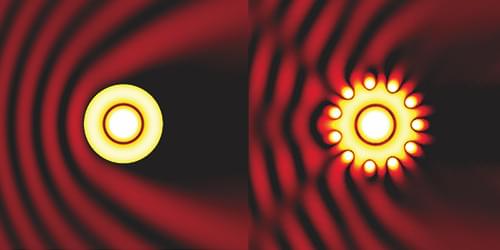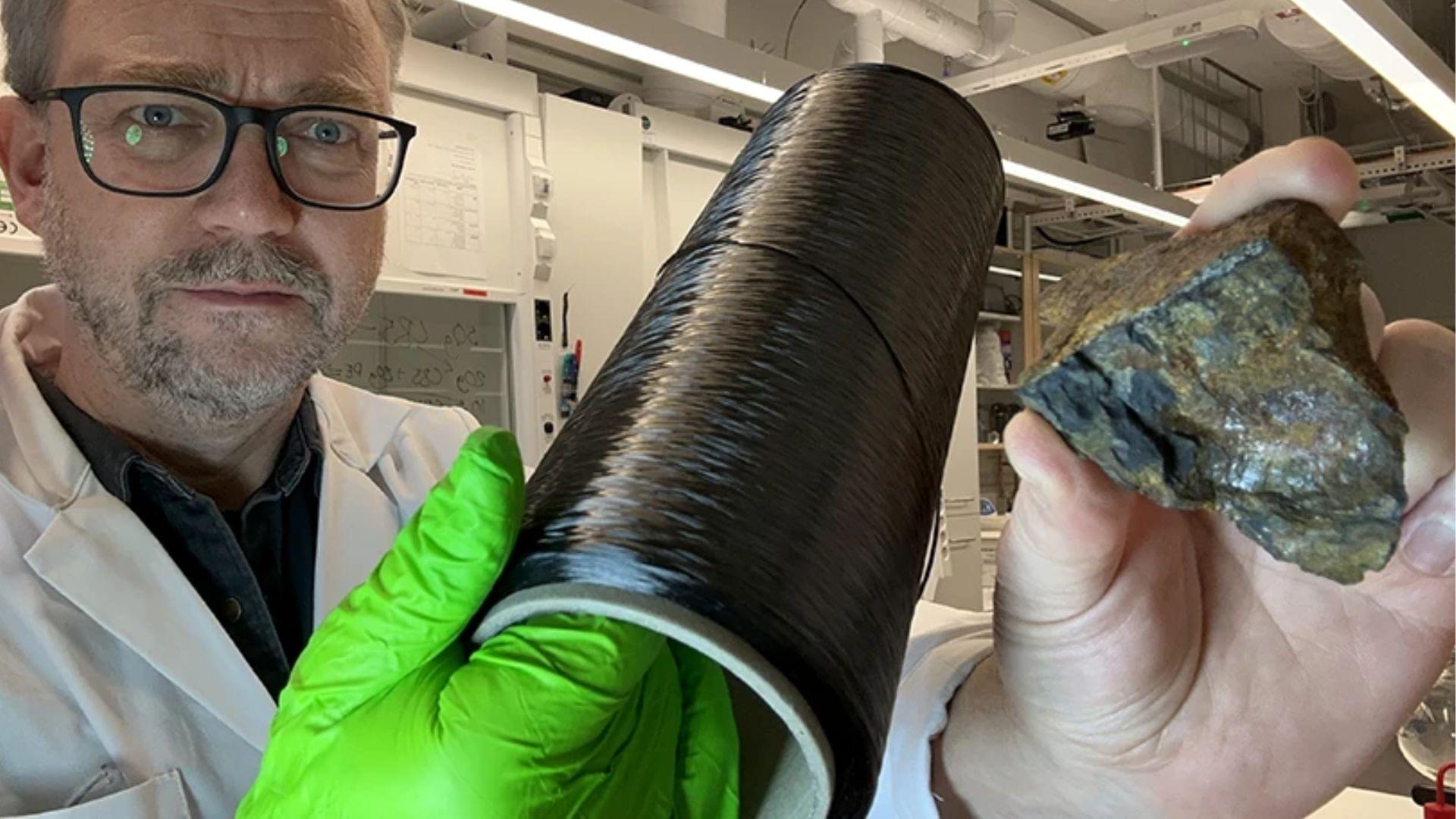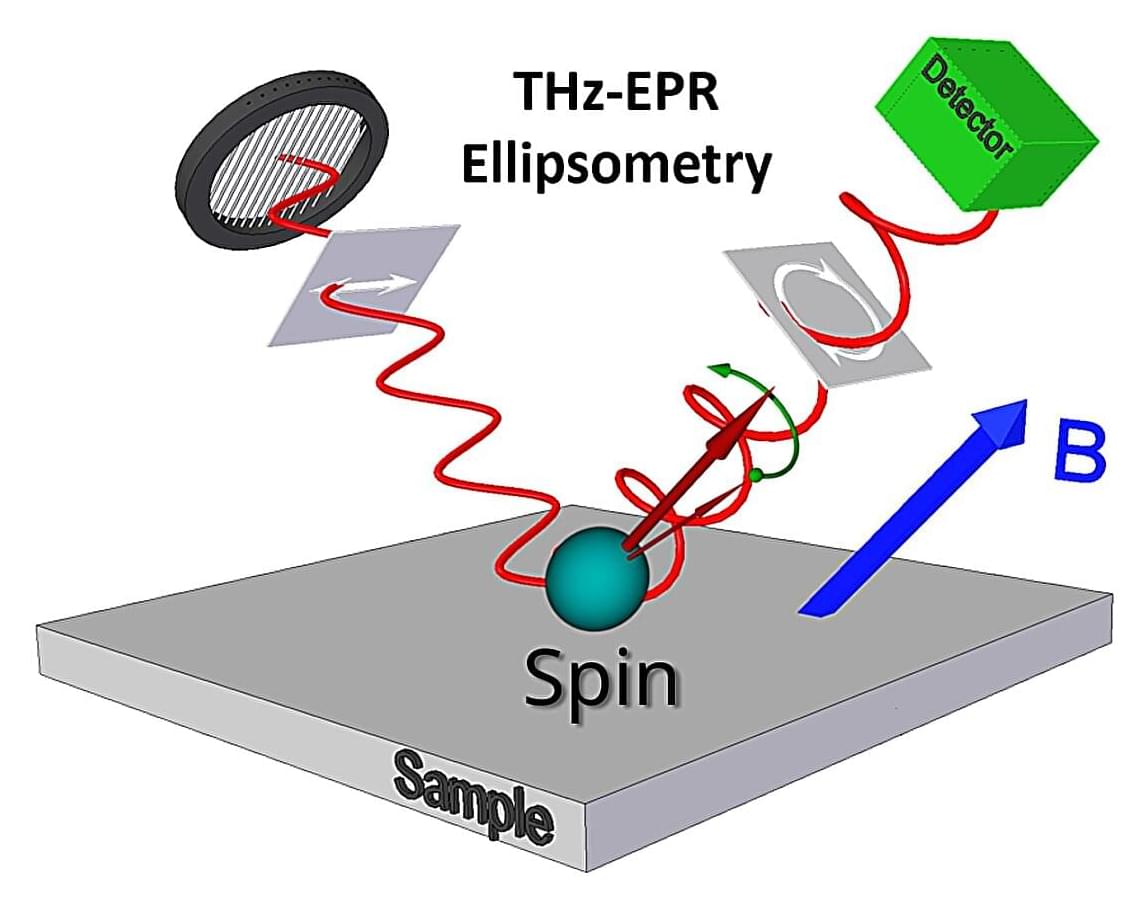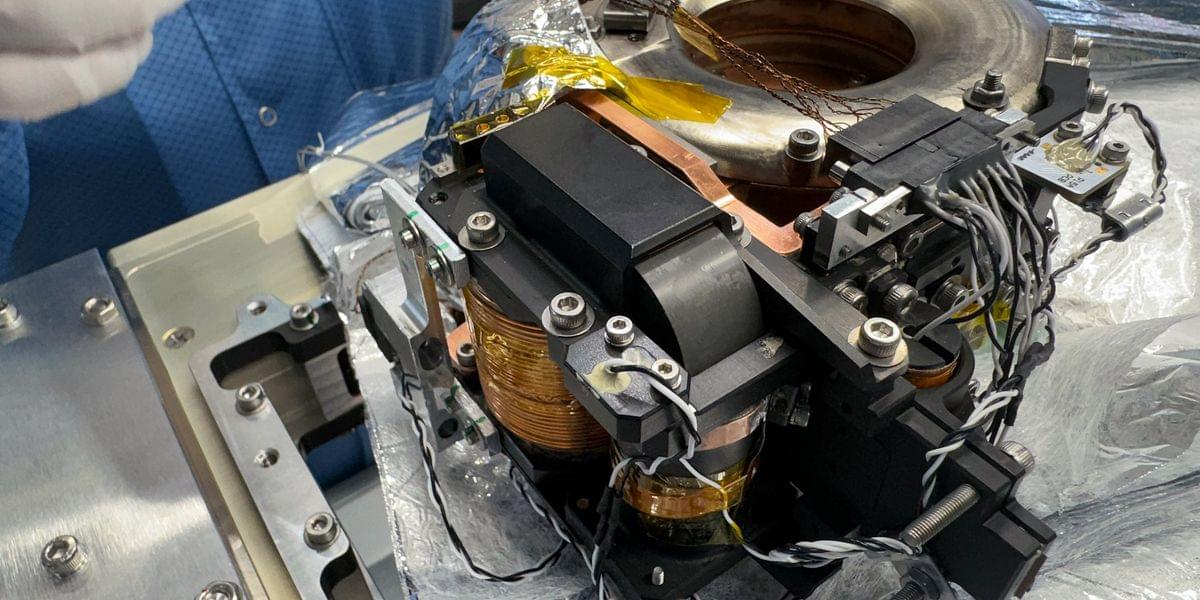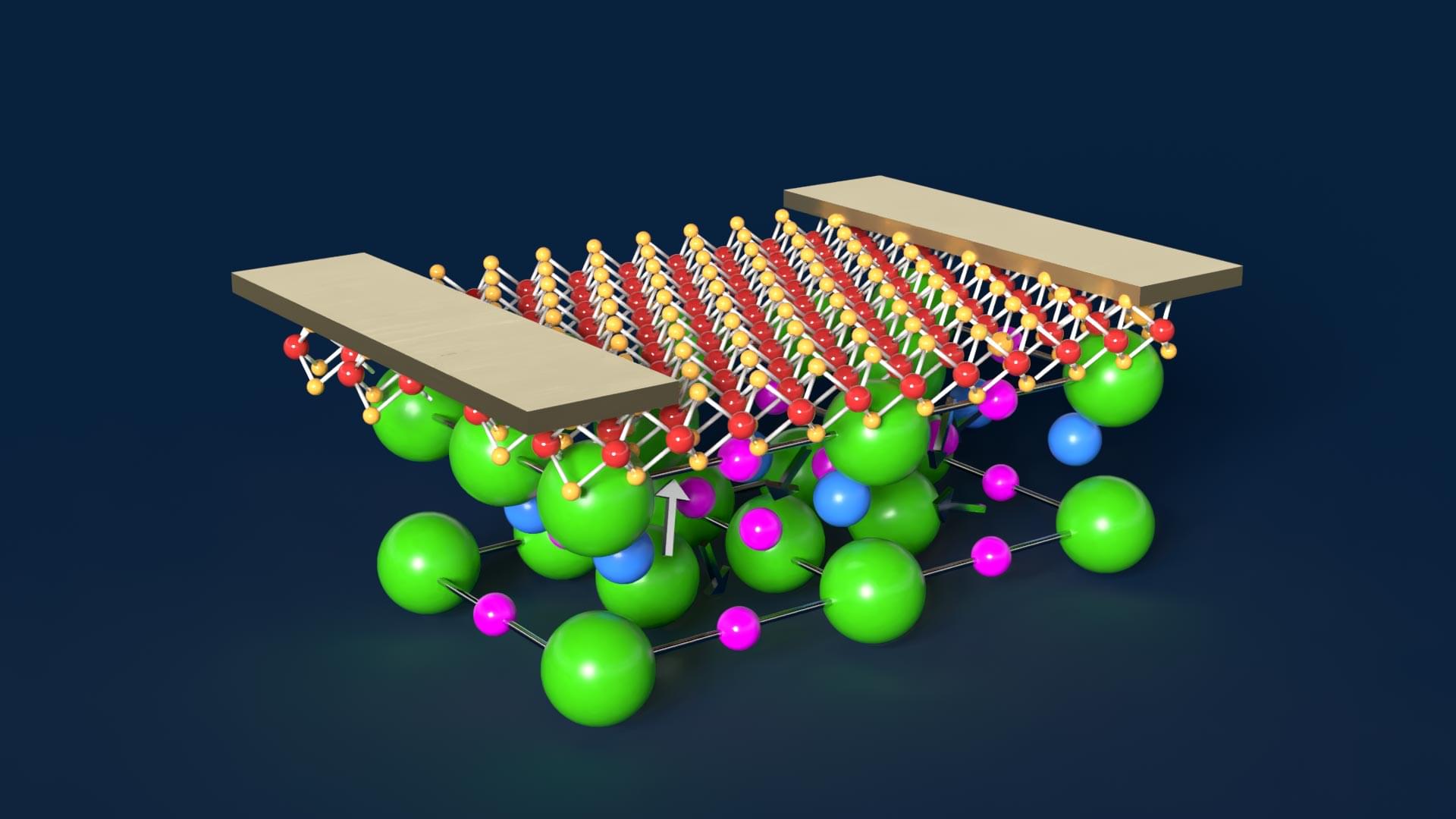Periodic structures known as metamaterials can interact with electromagnetic waves in unusual ways. In one counterintuitive example, standing waves remain trapped in a volume even though they’re surrounded by radiating waves that should carry their energy away. These standing waves, called bound states in the continuum (BICs), can provide a boost to resonant systems—such as lasers, filters, or sensors—by mitigating radiative losses. Researchers have recently demonstrated a promising design that produces high-quality BICs; however, it works only at microwave frequencies. Simulations by Pietro Brugnolo and his colleagues at the Technical University of Denmark now suggest that a straightforward change could allow the design to be adapted to optical wavelengths [1].
The previous design involves thin metamaterials, or metasurfaces, made of metallic bars arranged around cylindrical cavities. In such a configuration, BICs emerge when characteristic metasurface resonances match the cavity resonance. The metallic elements, however, result in resistive losses when used at wavelengths shorter than those of microwaves. Brugnolo’s team thus set out to investigate an all-dielectric version of the scheme.
The researchers simulated devices in which the metallic elements were replaced with silicon particles distributed on a cylindric surface. Their results showed that the structure displayed both an electrical and an effective magnetic response, which could be tailored to create the standing-wave patterns characteristic of BICs. For a wave at telecommunication wavelengths (1550 nm), their simulations predicted a cavity quality factor of 1.7 × 104, on par with the microwave version of the same scheme.
